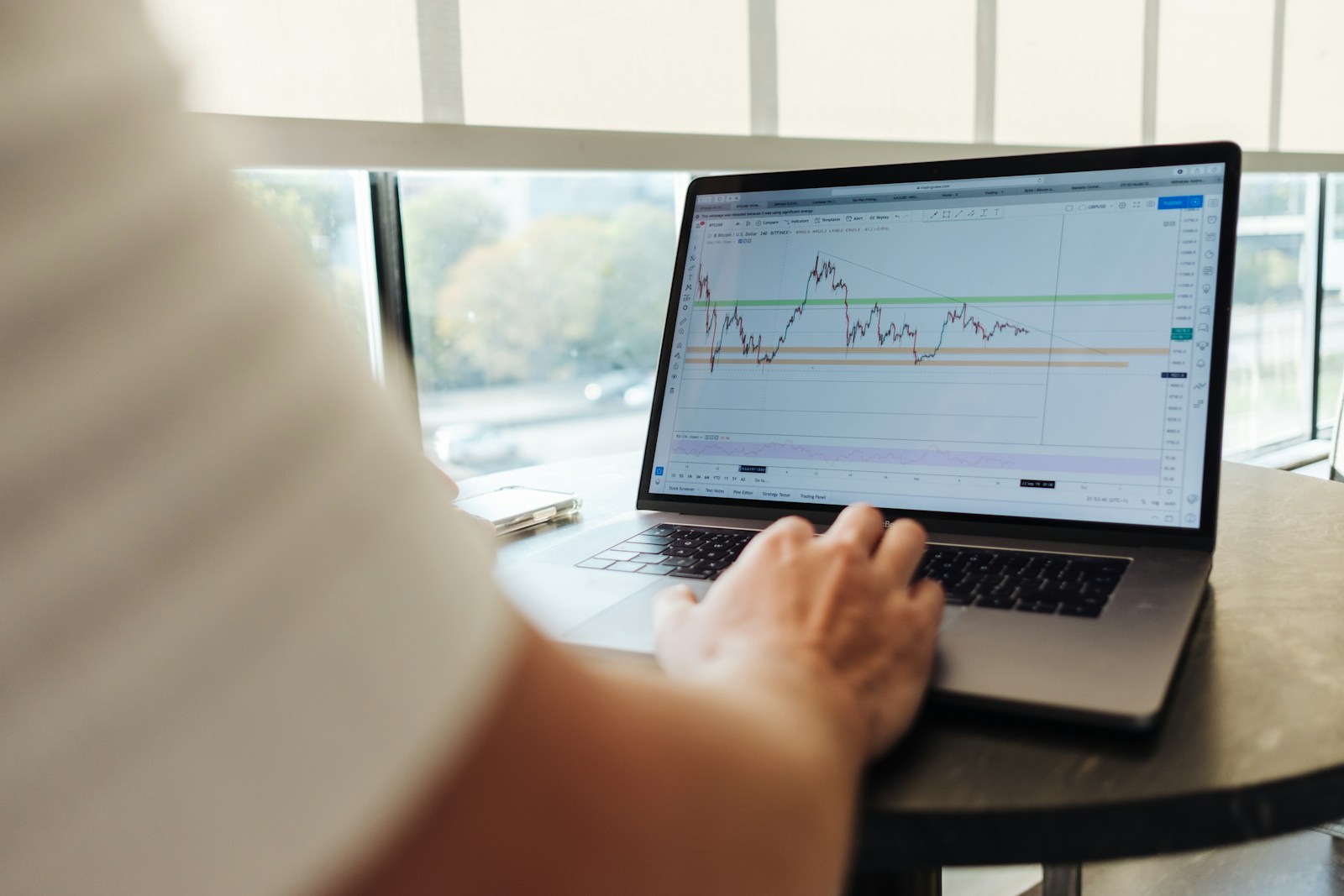In the fast-paced world of trading, adaptability is one of the most crucial traits a trader can develop. Markets are dynamic, constantly influenced by changing economic conditions, geopolitical events, and evolving market sentiment. Yet, many traders struggle with the inability to adapt their strategies, leading to repeated losses and frustration.
This article explores the psychological barriers that prevent traders from adapting, the consequences of failing to adjust, and actionable steps to cultivate flexibility in your trading approach.
Why Traders Struggle to Adapt
1. Emotional Attachment to a Strategy
Many traders become emotionally invested in a specific strategy, especially if it has worked well in the past. This attachment creates resistance to change, even when the strategy stops delivering results.
2. Fear of the Unknown
Adapting often means venturing into unfamiliar territory, such as learning new tools, strategies, or market conditions. Fear of making mistakes or failing in a new approach can paralyze traders.
3. Overconfidence in Predictability
Some traders believe they can predict market behavior based on past patterns or experiences. This overconfidence leads to rigidity, as they stick to outdated methods even when the market shifts.
4. Cognitive Biases
Psychological biases, such as confirmation bias (focusing on information that supports your existing beliefs) or anchoring bias (relying too heavily on initial information), can make it difficult to recognize the need for change.
5. Ego and Stubbornness
Admitting that a strategy is no longer effective can feel like admitting failure. Ego often prevents traders from acknowledging the need to adapt, leading to repeated mistakes.
6. Lack of Knowledge or Skills
Some traders stick to outdated methods because they lack the knowledge or skills to adapt. Learning new strategies or tools requires time and effort, which some traders may hesitate to invest.
The Consequences of Failing to Adapt
1. Repeated Losses
Markets are constantly evolving. A strategy that worked in a trending market may fail in a range-bound market. Failure to adapt leads to repeated losses as the trader continues to apply an ineffective approach.
2. Missed Opportunities
By clinging to old methods, traders often miss profitable opportunities that require a fresh perspective or approach.
3. Emotional Frustration
Repeated failures due to an inability to adapt can lead to frustration, self-doubt, and emotional burnout, further impairing decision-making.
4. Loss of Capital
Continued use of ineffective strategies can deplete a trader’s capital, leaving little room for recovery or experimentation with new methods.
5. Shortened Trading Career
Trading success requires growth and evolution. Traders who fail to adapt often burn out or quit trading altogether.
How to Overcome the Inability to Adapt
1. Recognize When Change Is Needed
The first step to adaptability is recognizing that a strategy or approach is no longer working. Regularly review your performance and identify patterns of consistent losses.
Tip: Keep a trading journal to track your trades, strategies, and outcomes. Look for recurring issues that indicate the need for change.
2. Detach Emotionally from Strategies
Treat your trading strategies as tools, not personal achievements. Understand that no strategy works forever and that evolution is a natural part of the process.
Tip: Reframe strategy adjustments as growth opportunities rather than failures.
3. Stay Informed
Markets change in response to economic events, new regulations, and technological advancements. Stay updated on market trends and developments to ensure your strategies remain relevant.
Tip: Dedicate time to reading market news, attending webinars, or studying new trading techniques.
4. Embrace a Growth Mindset
Adopting a growth mindset means viewing challenges and setbacks as opportunities to learn and improve. This mindset encourages experimentation and reduces the fear of failure.
Tip: Focus on the process of learning and adapting rather than immediate results.
5. Test New Approaches
Before abandoning your current strategy, test new approaches in a controlled environment, such as a demo account or with small position sizes.
Tip: Use backtesting tools to evaluate the performance of new strategies under different market conditions.
6. Learn from Mistakes
Mistakes are inevitable in trading, but they’re also valuable learning opportunities. Analyze what went wrong and how you can adjust your approach moving forward.
Tip: Conduct post-trade analyses to identify areas for improvement and refine your strategies.
7. Diversify Your Knowledge
Learning multiple trading styles, such as swing trading, day trading, or scalping, can make you more adaptable to different market conditions.
Tip: Take courses, read books, or seek mentorship to expand your skillset.
8. Be Open to Feedback
Engage with other traders or mentors who can provide constructive feedback on your approach. Sometimes an outside perspective can highlight areas for improvement that you may have overlooked.
Tip: Join trading communities or forums to exchange ideas and learn from others’ experiences.
The Psychological Benefits of Adaptability
1. Increased Confidence
Adapting to new challenges and overcoming them builds confidence in your ability to navigate the markets.
2. Emotional Resilience
Flexibility reduces the emotional stress of clinging to failing strategies, allowing you to approach trading with a calmer mindset.
3. Long-Term Success
Adaptability is a hallmark of successful traders. The ability to evolve with the market ensures longevity in your trading career.
4. Improved Decision-Making
By staying open to change, you’re more likely to make rational, data-driven decisions rather than emotional or ego-driven ones.
Example of Adaptability in Action
Imagine a trader who primarily trades in trending markets. When the market enters a range-bound phase, their trend-following strategy starts producing losses. Instead of persisting with the same approach, they take the time to learn range-trading techniques, such as support and resistance levels or oscillators.
By adapting to the new market conditions, they not only recover their losses but also gain a valuable skillset that enhances their overall trading performance.
Conclusion
Adaptability is essential for success in trading. Markets are unpredictable and ever-changing, and traders who fail to adjust their strategies risk falling behind. Recognizing the need for change, staying open to new approaches, and maintaining a growth mindset are critical to navigating these challenges.
Remember, the most successful traders are not those who cling to a single method but those who evolve with the markets. By embracing adaptability, you not only increase your chances of success but also build resilience and confidence for the long term. In trading, as in life, flexibility is key to thriving in an uncertain world.







